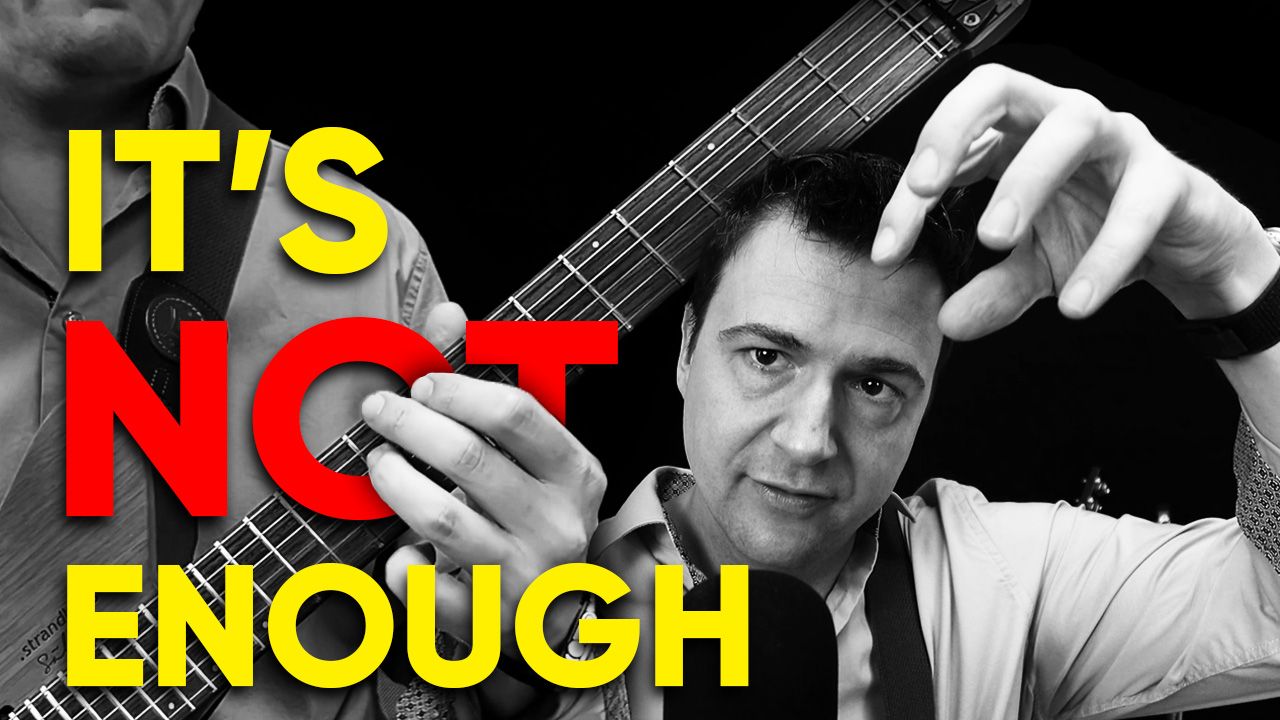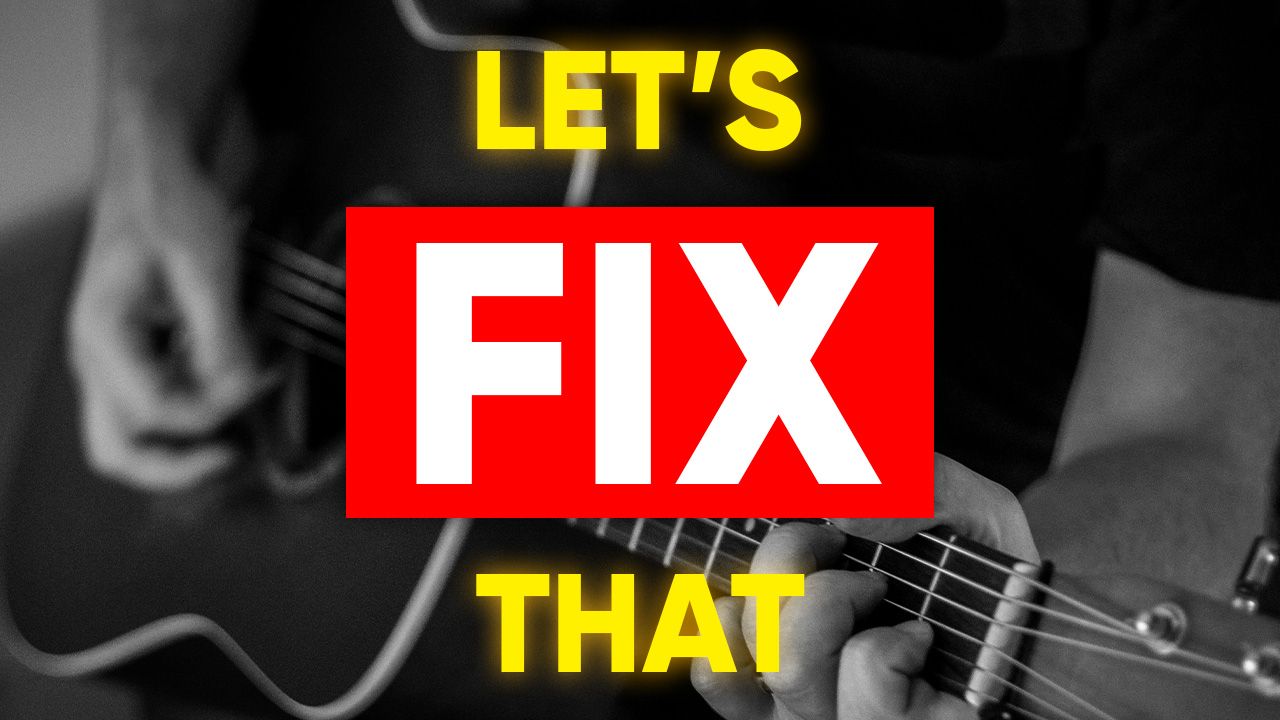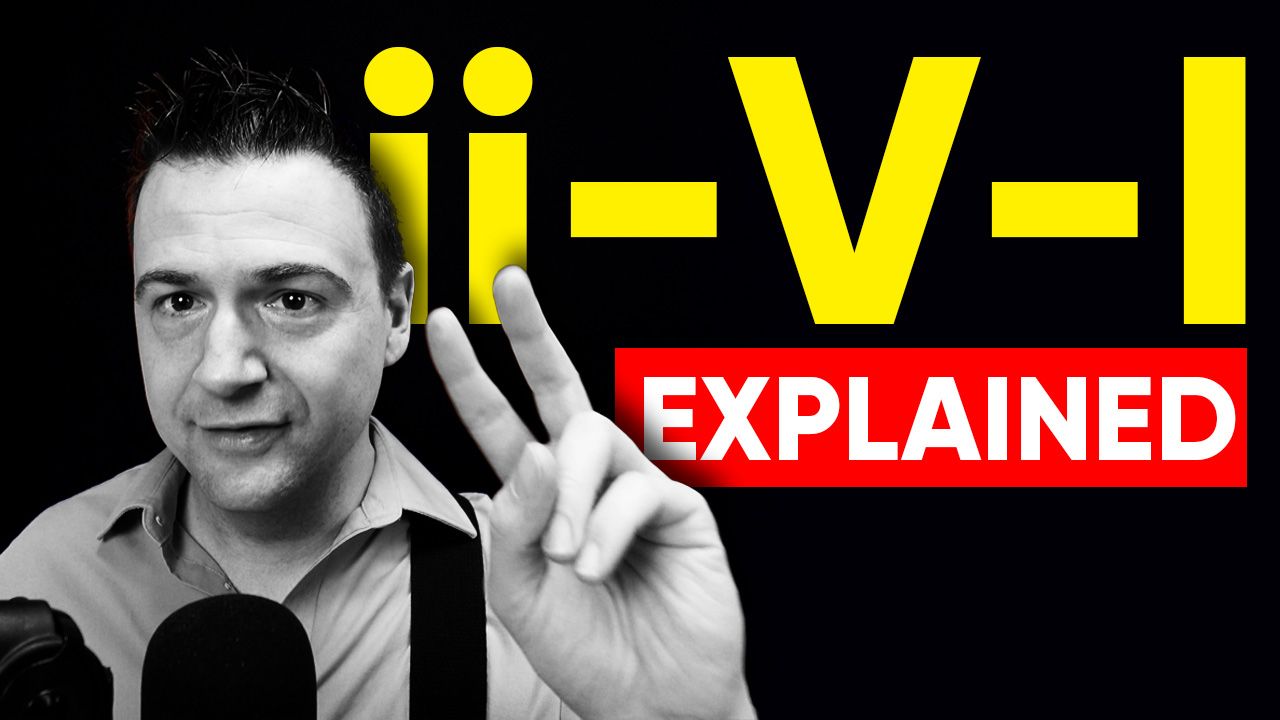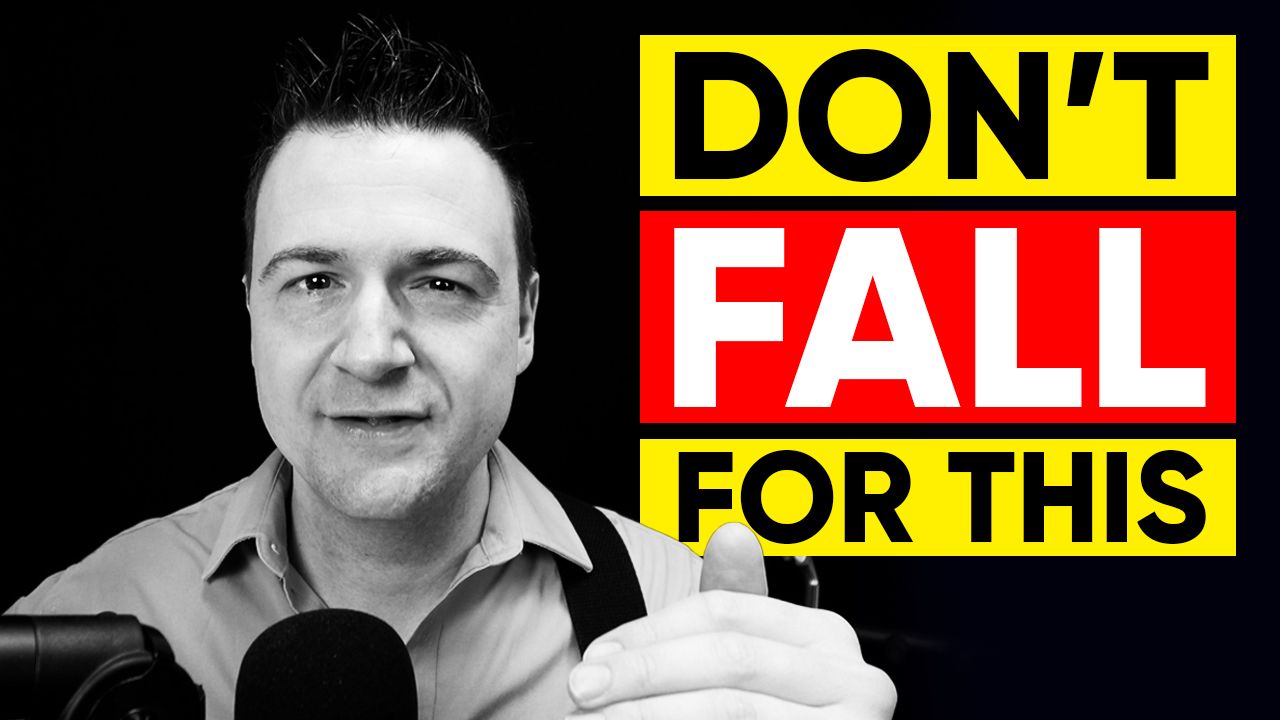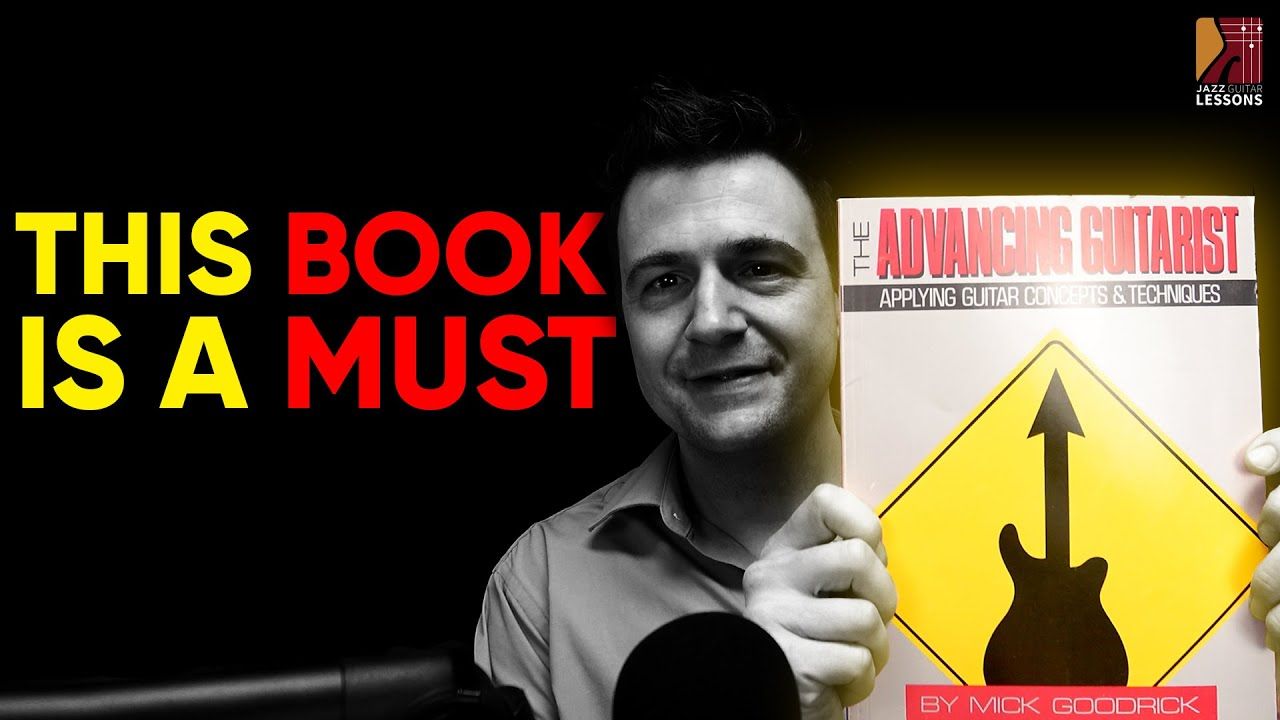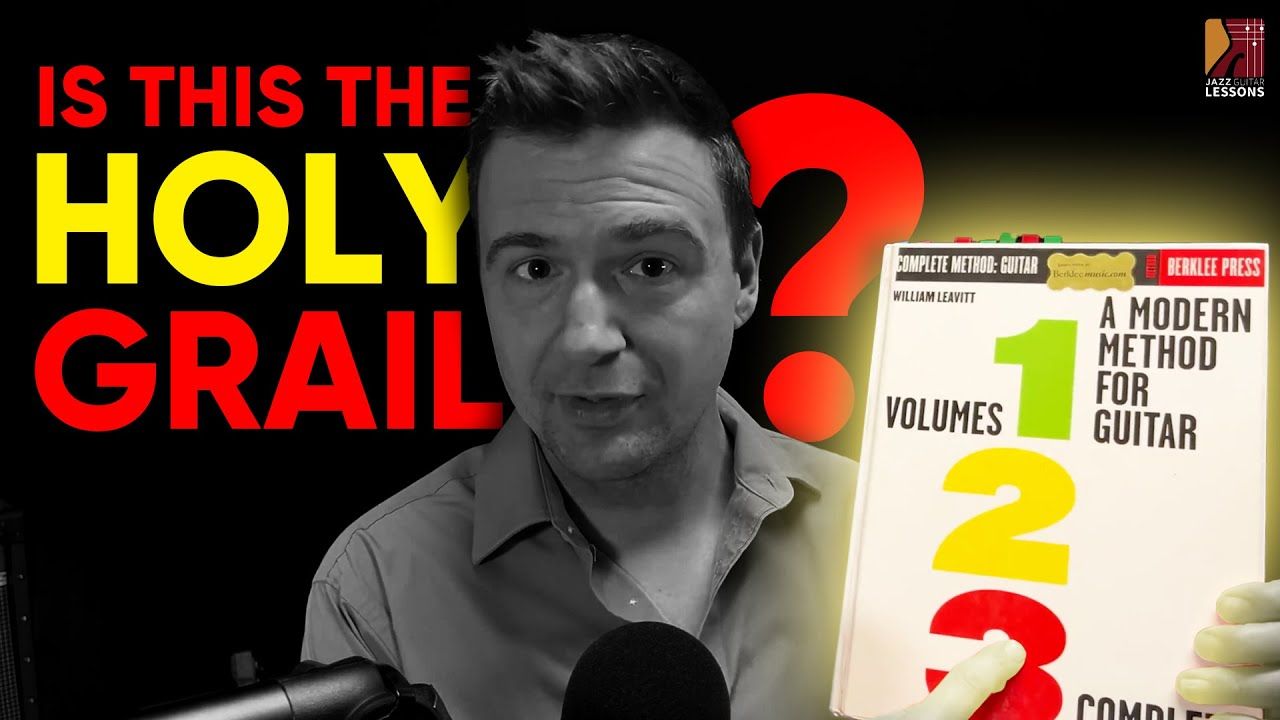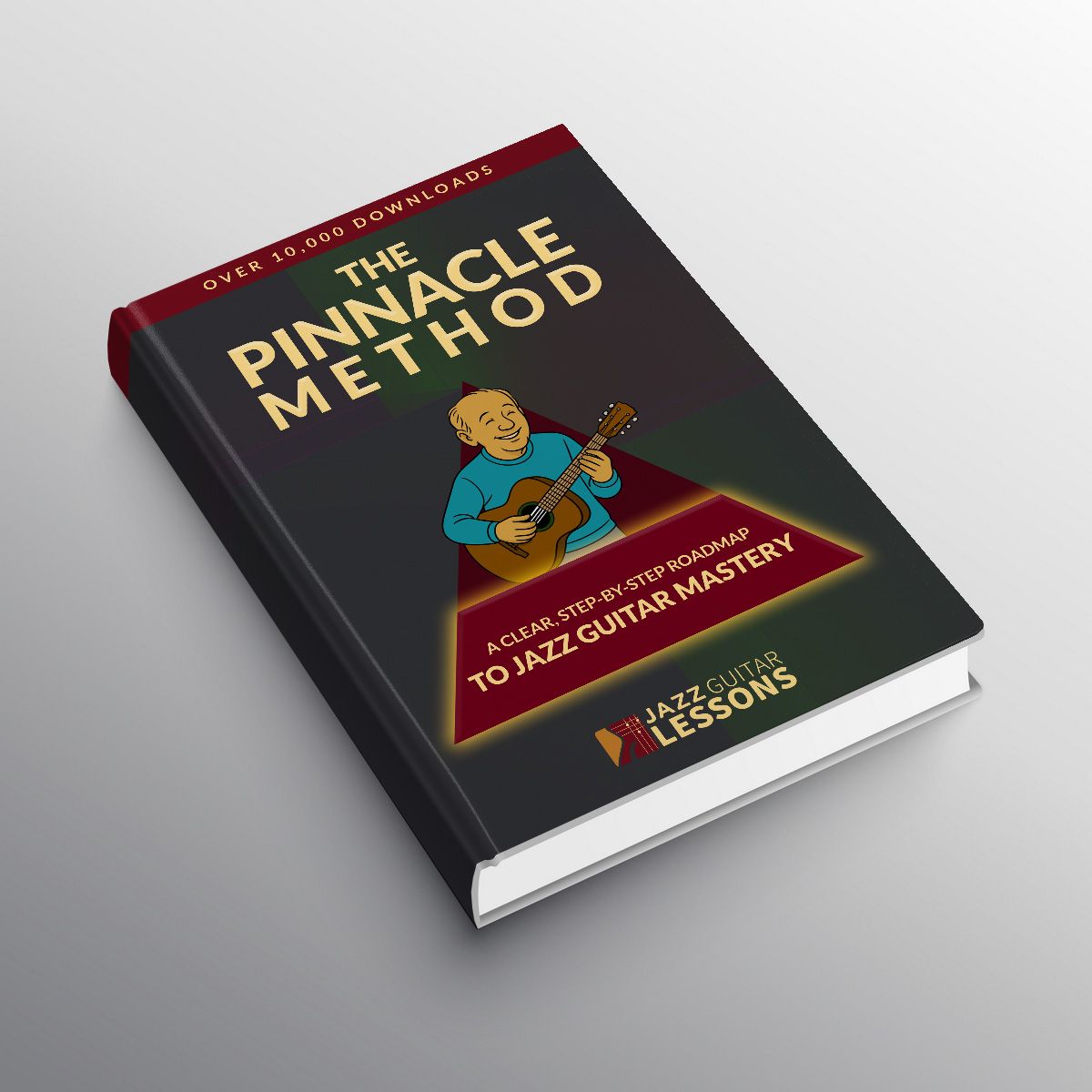Jazz Tone Step by Step: How do I get "THE" jazz sound ?
Oct 19, 2020We received a question from a reader about how to get the jazz sound from your equipment. We answered with three steps:
- Set the Guitar and Amp to Reasonable Settings
- Don't Tweak, Play
- Identify, Plus Tweak a Little
Read below to find out more!
How do I get "THE" Jazz Sound? (or ultimate jazz guitar tone)
Question by Brian
(Wisconsin)I just got a Ibanez AF75D hoping to finally find that jazz sound. I plugged the AF up to my Peavey Windsor Studio expecting a miracle I guess but all I got was a pretty standard guitar sound.
I am guessing that my settings need to be tweaked but have no idea where to start to get a good jazz sound or jazz guitar tone and am tired of chasing my tail.
So, the question is: what are the optimal amps, amp settings and pick to use to get a decent jazz sound.
Please help!!!!!!
M-A's Answer to Brian's Question
Hello Brian,
I'm sorry to hear your deception with a newly acquired instrument... that happens sometimes. Here's food for thoughts. First, please see this page of jazz guitar gear to read about what I personally use on a daily basis to obtain my jazz sound (on gigs, while teaching, during rehearsals, etc.) Perhaps it can help you get started.
Jazz Tone is in the Fingers
Most of the time, it's not the "guitar's fault" if you don't have a good jazz sound. It's because you're not used to the instrument reacting in this fashion to the way you play, and hence you don't get the jazz guitar tone you hear on albums. With patience and some work, I'm sure you can come to love your AF75D plugged in the Peavey tube amp.
So, basically ...
Jazz tone comes from the fingers: you play and therefore create the music that comes out.
The guitar, amp and effects are merely "channeling" your musical ideas. Set the amp, stop worrying and see if you can make your musical voice shine through the rig. And eventually you'll realize that...
...the "jazz sound" comes from you!
Gear in History
There are great historical examples of famous musicians playing and recording on badly "out of shape" instruments... still sounding amazing like they always do. You can hear Pat Metheny playing a solid body guitar a get a sound that's closer to what we'd call jazz guitar tone.
There's a Charlie Parker concert (recorded in Toronto) where he played a PLASTIC saxophone; no kidding. And his "jazz sound" is as good, if not better than when he was using a high grade European sax. In short, if the music is great then the jazz guitar gear used doesn't really matter. Give Wes Montgomery a toothbrush and he'll make music out of it...
Step By Step Approach: Getting the Jazz Sound
That's how I proceed when playing with instruments I'm not 100% satisfied with when attempting to get "the jazz sound" with my jazz guitar tone:
1 - Set the Guitar and Amp to Reasonable Settings
Make your guitar amp as "flat" as possible EQ wise with no or little effects. Do not go for your typical rock setting (bass 10, Treble 10, Mid 2) because it won't work! Just make it a good clean sound. Then go to step 2.
2 - Don't Tweak, Play
Play for a while. Try to forget about your newly acquired rig. Don't tweak, play. Play more; 5-10-15 minutes. Let go and let your ears bathe in the sound. Don't touch the knobs! Just get used to that sound in your ears.
3 - Identify, PLUS Tweak (a little)
When you've identified (by ear) what you'd like to change in the sound, tweak your amp settings. Go for minimal adjustments on ONE setting at a time. Often too much bass is the problem.
Repeat step 2-3 and make sure you move the knobs "little by little" and that you play and listen a whole lot to what you're playing. It's great, because on the subconscious level you're also getting rid of the constant urge to tweak your amp settings! We can get used to anything with patience. (I have played entire gigs with monitors malfunction. Just bite the bullet!)
You may end up liking one setting more than you would have expected. Sometimes, one tweaking will even make you play differently. For example, if I put more gain, I tend to pick lighter (I used thick Dunlop Jazz III guitar picks). Also, if there's too much bass, I tend to pick near the bridge most of the time, it's "twangier". If the barmaid is too sexy I tend to ... (and so on...)
Amp Settings: About the EQ and "Jazz" Pickups
Ok, time for the truth: I set my amp with MIDs very high, and bass and treble very low. I've always played like that ... I feel like chords and melodies come to life this way. And the tone I have is always on the verge of cracking (the gain is high, but not distorting yet).
Another aspect of my own "jazz sound" are the pickups: I like when guitar pickups are extremely responsive. This means that the dynamic range available is HUGE (you can pick very soft, or very loud and the pickups will respond accordingly - I use Dunlop Jazz III picks too BTW). That's exactly why I got rid of my Gibson back in 2012 (see this page). So, nowadays, all I play with are SH-55 pickups. It takes a while getting used to, and might be the reason your (cheaper) Ibanez doesn't deliver what you want to hear. :-)
Final Note
It's not because a guitar "looks and smells" like jazz that it will sound that way to you. I know a lot of great local jazz guitarists playing telecasters and others solid bodied guitars. I personally play my a** off on a G&L Bluesboy! :-)
I would add to that :
"I realized that equipment really had little to do with why I sound like the way I sound." -Pat Metheny
I hope this helps,
Marc-Andre Seguin
PS
I tried this Ibanez AF75D, it looks and sounds good. Not really my thing but still a good instrument.
The thing you have to remember here is : it's still a guitar that costs a lot less than 500$. With many "jazz guitars" models on the market ranging from a hundred the many thousands bucks, you get what you pay for, construction-wise.
Old Comments for How do I get "THE" jazz sound ?
Nov 01, 2014
Some suggestions
by: JV In NYCStrings: Flats like Thomastik or D'Addario Chromes are one way. They are often very bass-heavy, though, so I wouldn't necessarily go to the heaviest you can find. Super heavy strings are also tough on your guitar. George Benson's setup is great for him, but he also has a guitar tech and gets free guitars from Ibanez when one of 'em dies. ;)
Bridge: A wood or bone bridge and saddles shifts the tone.
EQ: Roll tone down on your guitar and use the amp to tweak. As the original post suggests you may need to cut bass on the amp. Similarly, use the bridge and neck pickup, not just the neck pickup.
Picks: I'm a big fan of Dunlop Ultex Jazz III, but you can try all sorts of picks for a small amount of money and they make a huge effect. Different guitars "like" different picks in my experience. This is the cheapest thing to do.
Fingers: Don't neglect playing with your fingers. Nail or fingertips really change the sound up.
Compressor: I have an Ibanez AF-125, which is a model higher up in the chain of the same model as the original post. It benefits from a light compression. I use an Xotic SP, which has a really nice "blend" knob that lets you mix compressed and dry signal together.
Amp: Get it up off the floor if you can! If you can't, get an iso-pad to decouple it from the floor. Being on the floor really over-emphasizes the bass. To try this before you buy an iso-pad, just put it up on a stable chair and see if that helps your tone.
Me? I got tired of fighting with full hollow tone issues and, more importantly, bulk, and recently got a semi-hollow G&L ASAT Bluesboy....
Jul 23, 2013
Is it the fingers or the guitar?
by: Edwyn FflytheA good player will sound good on most Instruments. I'm not a good player and never got a good sound with instruments that sounded great in good players hands. I think the way you hit the strings is very important. I used to hold the pick too tight.
But the guitar can work for or against you. I now have a guitar that I like since the first sound played with it (the loar lh 650. I first played it without amp and. Sounded good even with nickel strings. Then I plugged it in a silverface champ and liked the sound even more. I didn't replace the roundwound nickel strings with heavier flatwounds because l thought "never change a winning team".)
String attack still is essential for the sound. You can even make this guitar sound bad. But somehow it seems to help you.
I heard that quality control is a problem with this company. So it might be a problem to order it online. I did and can't complain. Maybe the action is a bit high compared to a solidbody but you can get used to it and Freddie Green would consider it low. Either I was lucky or the Chinese figured out at least how to do the Job.
Jul 01, 2012
And...
by: AnonymousDitto 'in your fingers'' all that, BUT a set of Thomastik-Infeld 'Jazz Swing' flatwounds are going to help the sh*^ out of your 'jazz' tone. And on that particular guitar, I'm speaking from experience :/
Thev've even introduced Benson's own gauge choices, (although I was under the impression he used a 13 top Jazz Swing set but sub'd a 12 for the top fwiw).Picking at a moderate dynamic in general, leaning toward p even, will not only enable you to produce a sweeter tone but give you the dynamic range to produce greater contrast in your accented notes/chords, which overall can greatly contribute to the sound of one's phrasing in this area. Probably all styles, but anyway but the type of 'jazz' as I understand your tonal quest, esp.
Plectrums that I have recently become a slave to are the brand Dava--the orange translucent ones in particular, assuming you use picks.
Spend 10/15 mins early in your daily practise concentrating purely on tone. If pick - pick angles, hand movement, depth etc. and really listen. I used to roll my eyes when I saw guys banging on on forums about 'Benson wrist angle' crap. But then I tried it.
Not to say I think GB's sound is the be-all-&-end-all of tone but it's certainly one of the most remarkable examples.
Try that kinda arched-wrist thing, (no shortage of info in the Google machine), and enjoy. Look at Metheny's technique on Youtube. Jim Hall, Pat Martino, anyone and everyone with beautiful and/or individual tones.Dunno about the pickups on these Artcores, they may sucketh, methinks (haven't tried swapping them out yet). But great strings, good pick surface, and then maintained, focussed work on coaxing the most pleasing tone from your technique, before you get too far into other practice each day will help a great deal. Fretboard hand? Look out for dumb vibrato habits, and give your time to articulation--staccato/legato combinations mixed with slid semitones can contribute more to the overall sense of your 'tone' than you might realise, or even than seems to make sense.
M
Aug 21, 2011
Jazz Tone
by: BillOne of the cheapest and most effective ways to look for the Tone you like is trying a bunch of different picks of different shapes and thicknesses.
The heavier pick will get the fatter tone usually,
and experiment with rolling back the Treble control of your guitarBill
Apr 10, 2010
Hands are the foundation
by: Tim in OhioI believe the key is to begin by teaching your hands to produce a good tone apart from any gear at all. Learn to make a pleasant, round sound with any guitar you touch. Practice unplugged often, then learn to get one basic tone from whatever amp you have.
As a professional audio person I have worked with a huge array of guitarists from many styles over the last 25 years. Trends in equipment come and go, sometimes aiding the music and sometimes not.
It has become clear to me that the basics of tone apply - instrument, strings, pick, pick-ups - to everyone but they certainly aren't the key to sounding good. They may help a bit, but a terrific guitar or guitar rig can be easily ruined with bad pick attack or a lazy fretboard hand.
If a player can't produce a smooth, even tone on their instrument unplugged no amount of processing will help.
**Notes from the editor** This post was updated 10/19/2020


